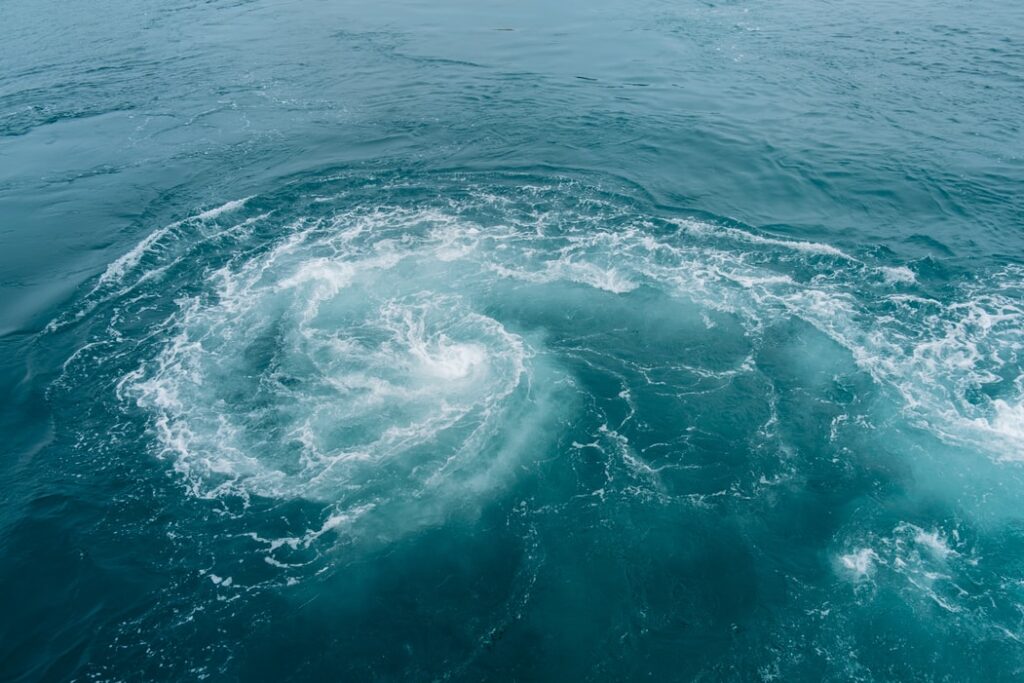On ABC Radio Richard Aedy asks why nobody has done anything about climate change. On Watts Up With That Eric Worrall replies that they have, it just didn’t work. And there in a nutshell you have a critical aspect of all public policy debates: The gulf between those who assume that life is easy and anything can happen if we only wish for it, and those who think reality is complicated and good intentions are rarely enough.
If the question were why nobody has done anything about the environment, and sometimes it does get asked, the answer is that people have done a whole lot since the first Earth Day. And it’s true that they started with good intentions. After seeing the famous Apollo 8 “Earthrise” photo and having some version of the insight now habitually expressed as “There is no Planet B” we have cleaned up the air and the water, restricted use of toxic chemicals, protected ecosystems and generally done wonders in the advanced world. Not enough, perhaps. But a lot.
Elsewhere progress has been slower or even absent. The air in China’s cities, like the plastic in Asian rivers, is far worse now than it was when the air in Los Angeles was a stock source of bleak humour and reportedly caused a pregnant Jackie Kennedy to skip the 1960 Democratic National Convention there. But it has taken wealth and democratic institutions as well as good intentions to reverse much of the damage done earlier, and much of the world lacks both.
As for climate, the idea periodically bruited about, including by Greta Thunberg, that politicians and the media have ignored the topic is an insult to the intelligence. In February 2020 at a protest in Bristol, UK, Ms. Thunberg said “I will not be silenced while the world is on fire – will you? This emergency is being completely ignored by the politicians, the media and those in power.” Can somebody please tell us where to find such politicians?
And if politicians have been quicker to make promises than keep them, well, it’s not because of anything special about the climate file. On the contrary, because it resonates with voters, those holding power or seeking it have been very keen to portray themselves as green and indeed when voters become wary of costs politicians keep claiming to be acting and in many cases, including now in Germany and France, really seem to be.
The problem lies elsewhere. As we have noted in our videos on why the Paris Accord is doomed, there are very few things that governments can do to reduce GHG emissions or at least slow their rate of growth that achieve much of anything without imposing horrendous costs. What’s worse, the cost of reaching our Paris targets, or everyone’s, is prohibitive; not even the coronavirus lockdown has gotten us anywhere close despite its obvious unsustainability. And yet even if we all did meet them, the result according to the alarmists’ computer models would be to slow the increase in temperature by 2100 by only about one-tenth of a degree, so we’d get all the costs and none of the benefits.
Even so, governments have tried. They have acted. They have put billions of dollars into alternative energy. They have engaged in propaganda campaigns. They have funded research and advocacy on man-made climate change at a scale we skeptics can only envy. But solar and wind aren’t delivering, the propaganda is wearing thin, and the research is either unpersuasive because the models’ predictions are way off or discouraging because it says we’re doomed no matter what we do.
So billions of dollars, a massive research effort, endless speechifying: You can treat it as evidence that nobody’s doing anything, or that the problem is hard. And once we know your response, we know what you are.



It is a little-known fact that man-made climate change was successfully combated in the 13th century. Contrary to popular belief, the diesel engine was invented in Mongolia in the 12th century, and Genghis Khan’s Golden Horde invaded Europe in countless fleets of diesel powered chariots. However, the resultant massive consumption of fossil fuels, distilled from fossilized yak droppings, caused global warming as a result of their CO2 emissions. It was only when the Mongol armies reached Rome and were converted to Christianity that their fuel consumption was abated, and completely ceased in 1263 with the promulgation of the famous Papal Bull of Urban IV, Petroleum Veto. As a result, global temperatures gradually reverted in the ensuing centuries to their pre-Mongol invasion values, into a period which we mistakenly term the Little Ice Age, but which is actually simply the normal, pre-invasion Mongolian climate.
Bet you didn’t know that!